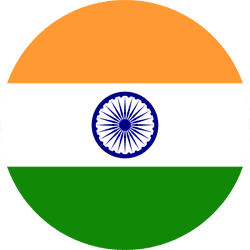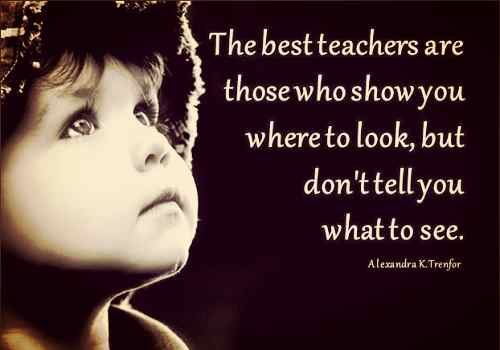Categories(658 Blogs)
Select Category
Watch Right Now
Teacher App - Class
Schedule & Attendance Management App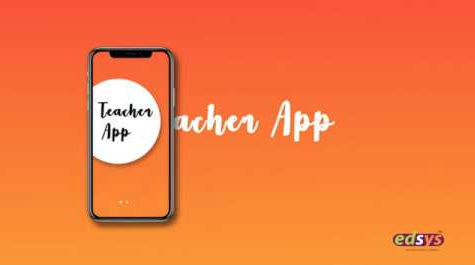
Parent App from Edsys

Best School Bus Tracking System
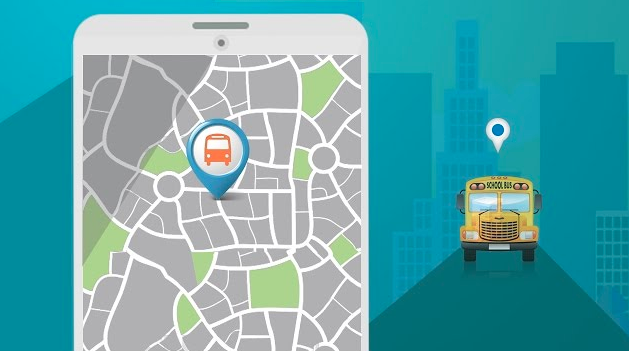
Cashless School - For Smart Schools of Tomorrow
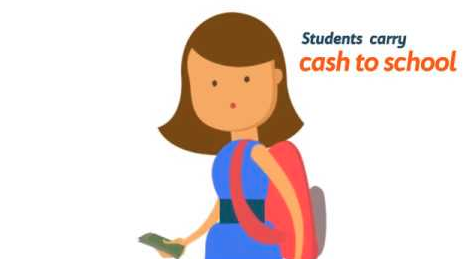

10 EYFS Activities To Improve Children’s Numerical Ability
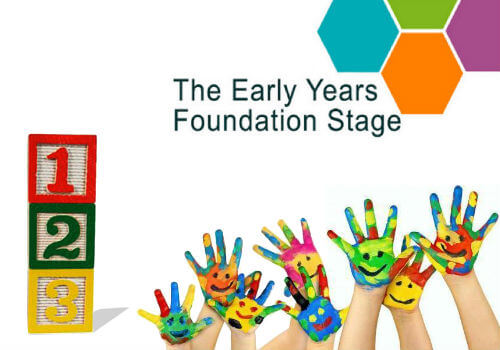
Early Years Foundation Stage or EYFS, as it is called, is a framework aimed at physical, social and emotional development of a child in his/ her early years. For that, EYFS has set some guidelines for Early Years providers to follow. They are expected to maintain a profile for each child to record the children’s stage by stage development. Maintaining such a record can help in analysing the skills and areas of improvement of children by the time they turn five years old.
Early years of a child tend to influence what he/she grows to be. Whatever a child learns during the time acts as a base to what he/she gets to learn at later stages of life. This learning happens by means of a series of playful activities, which are known as EYFS activities. Thus, EYFS helps children learn through activities, which would stay in his/ her mind authoritatively for a longer period than what they learn through books.
Maths plays an important role in every person’s daily routine and activities right from the early years. Therefore, maths related EYFS activities are a great way of developing a child’s numerical abilities. This also helps children in their preparation to start school. Here is a list of maths activities that you can introduce as part of EYFS activities at your day care centre/nursery:
Number book
Children love to explore and collect things. As a part of this activity, you can ask children to maintain a number book where children can count and arrange related objects that they have collected.
What children learn
- Counting- To Count each object they place in the book
- Group-Learn various shapes as they group related objects
Story time
This activity is suitable for children of three to four years of age. Children love stories and challenges. Therefore, this activity means fun for children. You can narrate a story to children, which ends with a problem to solve. This helps in the development of children’s reasoning, numerical, interaction and language ability.
What children learn
- Counting for a purpose-to see whether others have also received the same answer
- Addition-learning how many will be there if more objects are added
- Subtraction-How many will be there if some objects are taken away
Building blocks
Playing with blocks is one activity that children would really enjoy. You can help children in building towers of various shapes using building blocks. This improves thinking ability of children and they get an idea of various shapes
What children learn
- Counting-Children learn to analyse how many blocks can make a tower or castle
- Shapes-Children learn to select blocks of appropriate shapes that would fit in.
- Position-Children learn positional language, such as to the left of, to the right of, on top of etc. and understanding symmetry in placement of blocks to build towers, castles etc. according to children’s choice.
Number songs
Children, even before they learn to speak, react to music. Therefore, any activity involving songs would help them learn faster. You can involve the children in counting and singing by introducing them to songs which involve numbers.
What children learn
- Numbers and counting-Number songs activity introduces children to numbers and counting, which includes counting using fingers
- Position-Children learn the use of positional language such as next, previous etc.
What is in the bag?
In this activity, you can encourage children to put their hands in a bag and guess what is inside by feeling the shape.
What children learn
- Basic shapes-children learn to identify basic shapes such as square, oval, rectangle etc.
- Counting- Children can learn to count the number of objects or the sides and corners of the objects they have taken out.
Outdoor maths
Nature is the greatest teacher with the variety of resources it possesses. Therefore, let the children out of the day care centres/nurseries once in a while to interact with nature. Encourage them to collect similarly shaped objects or a certain number of objects. You can also help them in weighing the objects they have collected, thus introducing them to basic lessons of weight and mass.
What children learn
- Grouping and Comparison-Children learn to compare objects in terms of size, shape and weight and arrange items according to that
- Understanding difference-Children learn to differentiate between sizes and shapes
Shape hunt
This activity can help you to analyse what children understood in terms of shapes. You can keep objects of various shapes in a bucket or a bag and ask the children to pick the shape you suggest.
What children learn
- Shapes-Children learn the properties of shapes and what each shape is called
Treasure hunt
This is an outdoor activity, which children will surely enjoy. Hide objects at various locations and give clues to children to find the objects.
What children learn
- Directions-Children will get an idea on directions
Step on it
This fun activity helps children to understand numbers easily. You can sing a number song and in the song, you can ask children to step on the number tiles corresponding to the number you mention
What children learn
- Numbers-Children learn to identify numbers
Match the numbers
Use number cards and balls or stones or blocks for this fun activity. Ask children to place the exact number of objects on each number card corresponding to the number given in the card.
What children learn
- Identify numbers- children learn to identify numbers given in the number cards
- Counting-children learn to count the number of objects according to the number given in the number card
Recent Blogs
Our Educational Services
Popular Blogs
Subscribe

SUBSCRIBE TO OUR NEWSLETTER
Sign Up and Recieve the Latest News
Don’t Worry, We Don’t SpamExplore Our Extensive Researched Educational App Directory
Visit Now